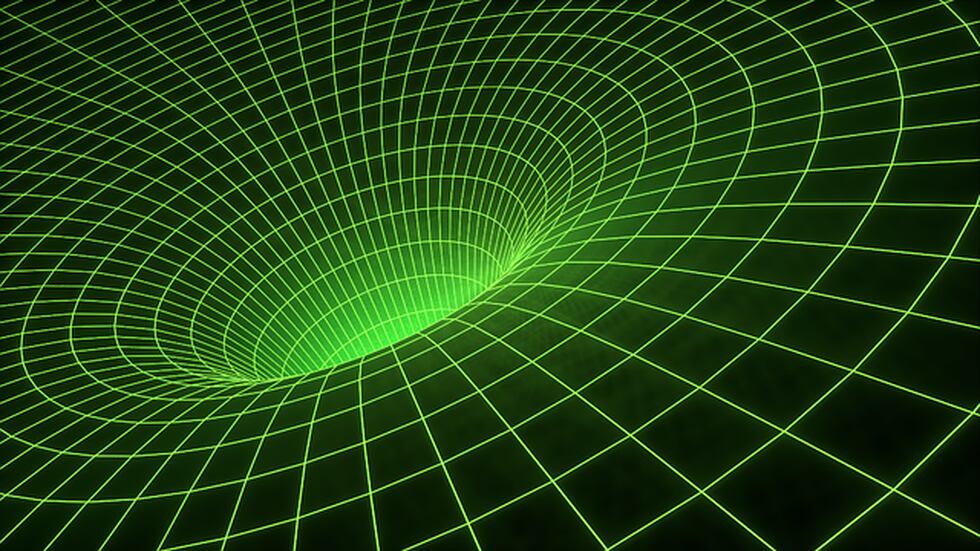Space travel has been the subject of analysis for decades. Humanity has already been able to send man to the Moon and probes that explore the Solar System, but the distances traveled by the devices are tiny, in astronomical terms.
Therefore, scientists try to find other alternatives to travel the enormous distances of the Universe and reach other worlds.
One of the possibilities have been considered astrophysicists in recent decades is to use the wormholes, which are like tunnels in space-time, to get from one point to another of the cosmos.
However, it has not yet been proven that these theoretical objects exist and it is not known whether the matter will survive such a trip.
Now, researchers at the University of California have opened a possibility, for now theoretical, for this to come true.
His study, published in the journal Classical and Quantum Gravity, states that these “passages” can remain open long enough to be traversed.
Scientists believe that there are two types of wormholes: the first are formed by two black holes linked together; the latter, by a black hole and a white hole (which expels matter instead of absorbing it).

The first type of wormhole does not allow the material that entered to leave: it would be like a chamber that only allows entry but not exit.
On the other hand, in the second case, matter could enter through the black hole and exit through the white hole , that is, it would have an exit “door”.
But so far astrophysicists believed that these objects were very unstable and short-lived, so they could not stay long enough for something to pass through.
Diandian Wang, lead author of the study, and his team pose, based on String Theory, that a wormhole can be passable if the strings, the particles that form matter, break.
“A string contains energy, and when it breaks, that energy becomes two black holes, one at each end of the string,” explains the researcher.
Previous calculations indicated that the energy of these black holes would cause them to move away from each other, which would make their life time very reduced, reaching a few milliseconds.
But Wang’s team estimates show that the same curvature of space-time would cause black holes not to move away, holding them together for long enough for matter to pass through.
The calculations suggest that these theoretical wormholes could remain open for an indeterminate time, but that they would be very rare and that they would be more likely to allow the passage of light and not formed bodies.
Source: Elcomercio